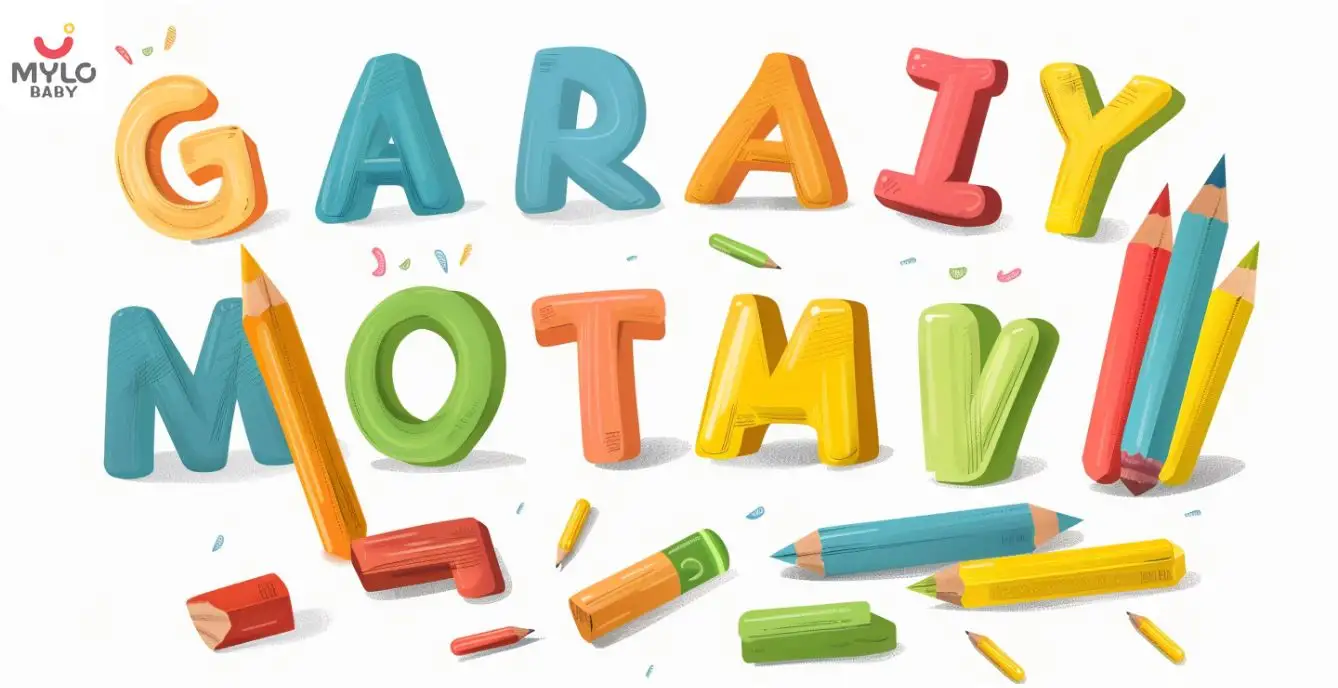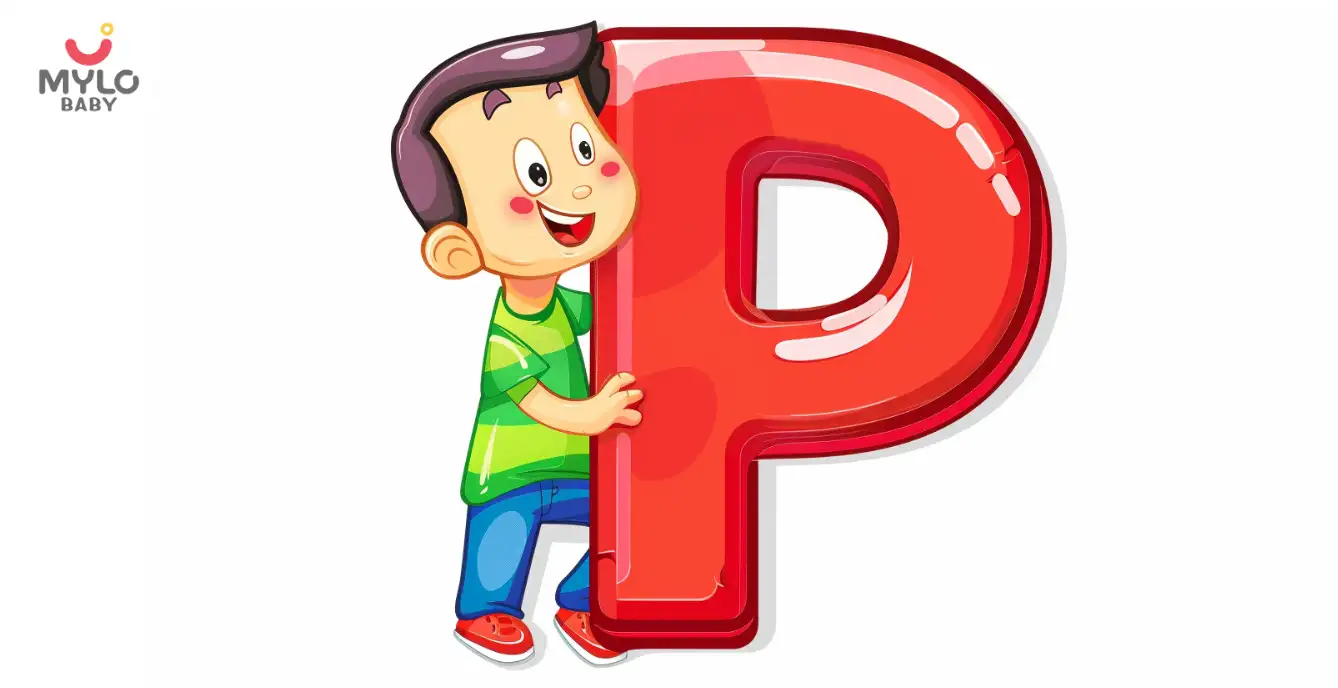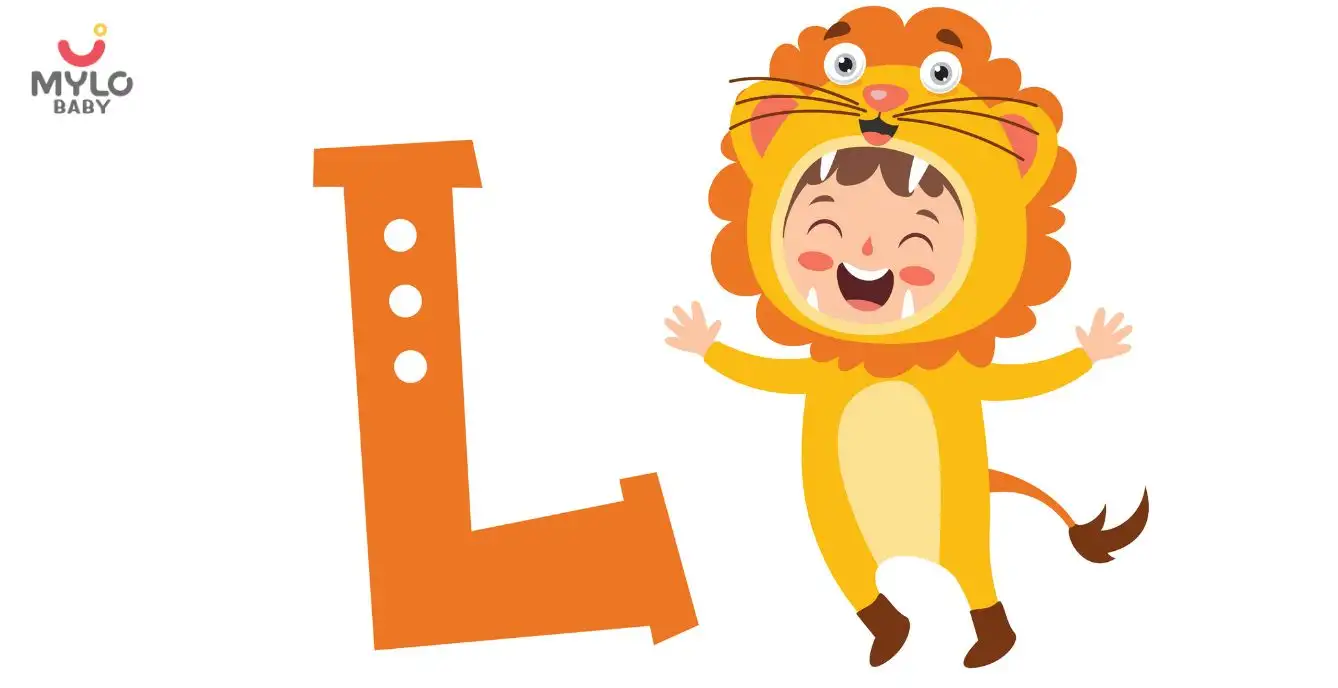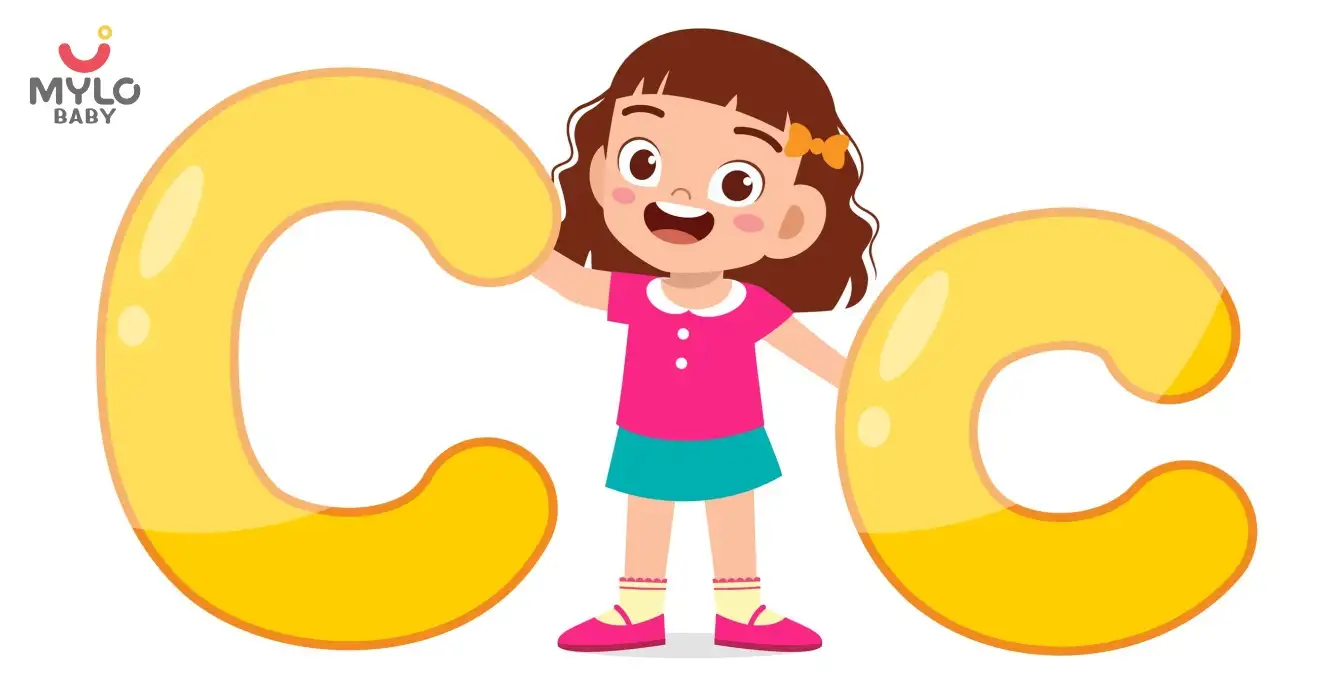Home

Adverbs: A Comprehensive Guide to help small children learn the usage of adverbs
In this Article

Preschool
Adverbs: A Comprehensive Guide to help small children learn the usage of adverbs
Updated on 28 May 2024
Adverbs are crucial especially for beginners as they enhance language skills and enable the ability to express. These words provide details regarding the way things happen, and their timing. Small kids will align their thoughts and feelings better by using adverbs and this results in improved communication skills. Furthermore, knowing about adverbs assists kids in understanding the structure of sentences and grammatical rules. If you are looking for adverbs and adverb examples, then this article is surely for you. Whether conjunctive adverbs, or adverbs of time, manner, place degree, and frequency, this article will enlighten you with every single detail about adverbs.
Definition of an adverb
Adverbs are modifier words; they can change the meaning of an adjective, verb, another adverb, or the entire sentence. Adverbs are typically used to emphasize a sentence's style, degree, place, and time. Adverbs describe how something happens, to what extent, and when.
Adverbs that are often used include:
- Really
- Very
- Rarely
- Badly
- Quickly
- Sometimes
- Often
- Rarely
- Everywhere
- Early
- Late
- Soon
Frequently used adverbs and their definitions
Introducing your kids to adverb words and their definitions is a great approach to expand their vocabulary. Knowing about what exactly a word means will make your little one use them better in sentences. Some common adverbs with their meanings are:
- Slowly: at less speed or with a relaxed pace
- Carefully: being cautious to avoid mistakes or accidents
- Suddenly: happening unexpectedly without any warning
- Eventually: after some time or series of events
- Loudly: high volume or intensity of sound
- Clearly: it is easy to understand or perceive
- Frequently: occurring regularly or repeatedly
- Happily: with pleasure or joyful
- Eagerly: with enthusiasm
- Never: not in any circumstances
Fun fact: Adverbs generally end in ‘ly’. So, next time you are trying to spot an adverb in a sentence, you can easily identify it by this simple trick.
You may also like: Expand Your Child's Vocabulary with words that start with X: Easy, Positive, and Engaging Words, Animals, Countries, and Fruits
Types of Adverbs
Just like other parts of speech, there are different types of adverbs. These adverbs are distinguished with respect to the kind of information provided by them. There are 6 common types of adverbs such as:
1. Conjunctive adverbs
2. Adverbs of time
3. Adverbs of Place
4. Adverbs of manner
5. Adverbs of frequency
6. Adverbs of degree
Conjunctive adverbs
Conjunctive adverbs refer to transition words or phrases. They are also known as connective adverbs or linking adverbs. Although these words are conjunctions, they differ in their usage.
For the purposes of linking ideas into separate clauses or sentences, conjunctive suffix adverbs shall be used. Some examples of Conjunctive Adverbs are:
- Moreover
- However
- Otherwise
- Finally
- Nevertheless
- Still
- Besides
- On the other hand
- Thus
- Consequently
- On the other hand
- Next
Definition of Adverb clauses
Adverb clauses are a group of words that together serve as an adverb. These clauses describe or modify adjectives, verbs, and other adverbs used in a sentence. What stands apart an adverbial clause is the fact that these are always dependent clauses.
Let’s look at some of the examples of adverb clauses to have a better understanding. We will go to the beach, if the weather is nice (In this sentence the adverbial clause describes when we will go to the beach). I did not bring my water bottle (In this case, the example is an independent clause).
Adverb phrases
Adverb phrases usually comprise two or more words that work as adverbs. These phrases can be formed by putting a qualifier such as ‘rather’ or ‘somewhat’ before an adverb. Adverbial phrases answer questions such as ‘why’, ‘when’, ‘where’, ‘how’, and ‘how often’. Here are some examples of adverb phrases:
In the spring season, traveling can be an exciting activity.
Unfortunately for her, it started pouring the moment she left home.
Adverbs of time
Adverbs of time can alter adjectives, verbs, or other adverbs and answer questions like ‘when’, ‘how long’, and ‘how often’. Let’s understand this with the help of adverbs of time examples:
- Now
- Always
- Soon
- Often
- Today
- Tomorrow
- Day after tomorrow
- Yesterday
- Weekly
- Monthly
- Annually
- Biweekly
- Last month
- Tonight
- Everyday
Adverbs of place
Adverbs of place help to answer the question ‘where something happens’. These adverbs are generally put succeeding the main verb or the clause that they alter. Let’s have a look at some of the examples of adverbs of place:
- Inside
- Outside
- Upstairs
- Downstairs
- Far
- Nearby
- Here
- There
- Behind
- Beneath
- Beside
- Between
- Into
- Onto
- In
- On
Adverbs of manner
Adverbs of manner answer the question ‘how something happened’. If you wish to express how fast you run or walk, you can use adverbs such as quick and slow. Adverbs of manner include, for instance:
- Happily
- Seriously
- Sadly
- Boldly
- Gracefully
- Knowingly
- Painfully
- Unexpectedly
This might also interest you: Unlocking Language Proficiency: The Ultimate Guide to Top 100 Sight Words for Kindergarten and Beyond
Adverbs of frequency
Adverbs of frequency are used to indicate ‘how often’ or ‘how frequently something happens’. A few examples of adverbs of frequency are:
- Occasionally
- Rarely
- Hardly ever
- Always
- Usually
- Normally
- Generally
- Often
- Sometimes
- Seldom
Adverbs of degree
Adverb of degree alters or offers information regarding intensity, degree, or extent of an adjective, another adverb, or an entire clause. Here are some of the examples of adverbs of degree:
- Strongly
- Quite
- Extremely
- Really
- Too
- Very
- Fully
- Almost
- Completely
- Incredibly
- Remarkably
- Highly
Adverb Examples
Examples are used to clarify new concepts. If your child asks for clarification regarding adverbs, then you can easily explain by citing some examples. Examples provide practical application of a concept. Some of the adverb examples are:
- Now
- Most
- Quickly
- Slowly
- Monthly
- Weekly
- Yearly
- Sweetly
- Silently
- Highly
- Completely
- Soon
- Everyday
- Late
- Downstairs
- Uphill
- Abroad
- Nouth
- Well
- Similarly
How to Use Adverbs Effectively
Adverbs are used to describe the way things happen and when, where and to what extent. They are used to modify verbs, adjectives, adverbs, and even entire sentences. Having said that, it is important to know how to use them effectively. Read the lines below to know more!
1. Position is crucial
The position of the adverb is very important as it can make the difference in what it can modify. For instance, if an adverb is placed at the start of a sentence, then it can modify the entire sentence. But if it is placed at the end of the sentence then it can alter only the verb part.
2. Pay more attention while using adverbs for adjectives
Adverbs are used to modify adjectives or other adverbs but may lead to redundancy which may make the writing less engaging. For example, it is intensely hot outside today.
3. Over usage of adverbs
As a writer, one should avoid over usage of adverbs as it makes the writing dull and boring. For instance, I am leaving now, he said angrily. Use of angrily is inappropriate as the writer is telling rather than conveying an emotion.
Common mistakes to avoid while using adverbs
Adverbs add flavor to sentences but only when they’re used correctly. Let’s look at some of the common mistakes to avoid while using adverbs:
1. Unnecessary usage of ‘ly’ words
The meaning of the sentence may alter when a ‘ly’ word is used incorrectly. Like - She studied hardly to clear the examination. Rather, it should be, - She studied hard to pass the examination.
2. Improper use of ‘very much’ in sentences
This mistake can be easily understood with the help of an example. Like she is very much sorry rather, the correct sentence is - She is very sorry.
3. Using adjectives instead of adverbs
You may mistake an adjective for an adverb – Example – That is real nice of you. The correct sentence is - That’s really nice of you!
Importance of adverbs in writing
Adverbs are an important part of sentence formation as they are used to add more detail and information. These words offer additional information regarding the way things happen, time, place, frequency, and degree. These words add depth to the writing and make the expression explicit.
Conclusion
Adverbs are the detailed words that often make writing interesting and engaging. Teaching about adverbs is an essential part of developing a strong command over the English language. In this post, we have discussed all the crucial aspects of adverbs with the help of adverb examples and types. Learning about them in the foundation years ensures deeper understanding of the language and improves your child’s communication skills.
Read more: 100+ Common Words that start with L to Enhance the Vocabulary of Small Children



Written by
Madhavi Gupta
Dr. Madhavi Gupta is an accomplished Ayurvedic doctor specializing in Medical content writing with an experience of over 10 years.
Read MoreGet baby's diet chart, and growth tips

Related Articles
Related Questions
Hello frnds..still no pain...doctor said head fix nhi hua hai..bt vagina me pain hai aur back pain bhi... anyone having same issues??

Kon kon c chije aisi hai jo pregnancy mei gas acidity jalan karti hain... Koi btayega plz bcz mujhe aksar khane ke baad hi samagh aata hai ki is chij se gas acidity jalan ho gyi hai. Please share your knowledge

I am 13 week pregnancy. Anyone having Storione-xt tablet. It better to have morning or night ???

Hlo to be moms....i hv a query...in my 9.5 wk i feel body joint pain like in ankle, knee, wrist, shoulder, toes....pain intensity is high...i cnt sleep....what should i do pls help....cn i cosult my doc.

Influenza and boostrix injection kisiko laga hai kya 8 month pregnancy me and q lagta hai ye plz reply me

Related Topics
RECENTLY PUBLISHED ARTICLES
our most recent articles

Early Education
Expand Your Child's Vocabulary with words that start with X: Easy, Positive, and Engaging Words, Animals, Countries, and Fruits

Early Education
Unlocking Language Proficiency: The Ultimate Guide to Top 100 Sight Words for Kindergarten and Beyond

Early Education
Exploring Common Words that Start with P to Enhance Vocabulary in Small Children

Early Education
100+ Common Words that start with L to Enhance the Vocabulary of Small Children

Early Education
100 Common Words that start with 'C' for Small Children

Early Education
List of 100+ Common Words that start with 'D' for Small Children
- 100 Common Words that start with 'S' for enhancing vocabulary in small children
- List of Most Common Words that start with v for small children
- Common Words that start with n for enhancing learning in small children
- Words that start with O for early learning in small kids
- 100 Common words that start with 'R' for Small Kids
- 100 Common words that start with 'U' for Small Kids
- Common words that start with Y for Vocabulary Enhancement in Small Children
- List of Common Q Words to Enhance Small Children's Vocabulary
- Common Maths Shapes and the Benefits of Teaching Shapes to Small Children
- Common Words that start with 'M' for Enhancing your Child's Vocabulary
- How to Stop Postpartum Bleeding Faster?
- Things to avoid in early pregnancy to avoid miscarriage
- Fat Vagina: Average Size, Types, Causes & More
- Most common animals that start with n for little children


AWARDS AND RECOGNITION

Mylo wins Forbes D2C Disruptor award

Mylo wins The Economic Times Promising Brands 2022
AS SEEN IN

- Mylo Care: Effective and science-backed personal care and wellness solutions for a joyful you.
- Mylo Baby: Science-backed, gentle and effective personal care & hygiene range for your little one.
- Mylo Community: Trusted and empathetic community of 10mn+ parents and experts.
Product Categories
Baby Carrier | Baby Soap | Baby Wipes | Stretch Marks Cream | Baby Cream | Baby Shampoo | Baby Massage Oil | Baby Hair Oil | Stretch Marks Oil | Baby Body Wash | Baby Powder | Baby Lotion | Diaper Rash Cream | Newborn Diapers | Teether | Baby Kajal | Baby Diapers Pants | Cloth Diapers | Laundry Detergent | Lactation Granules |




